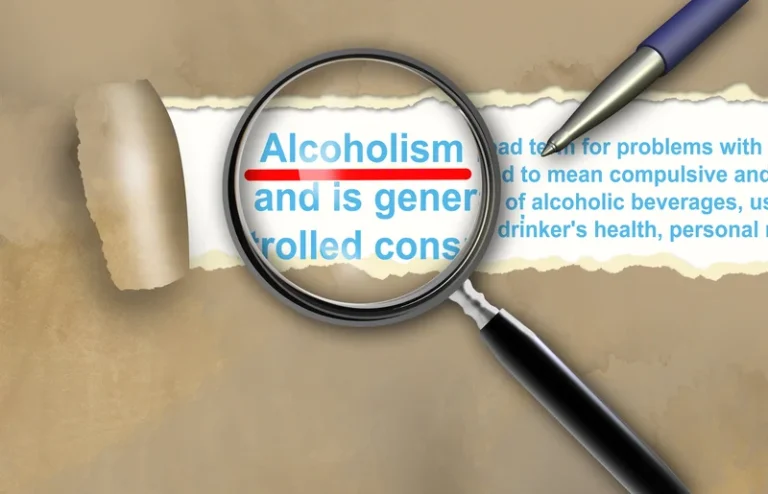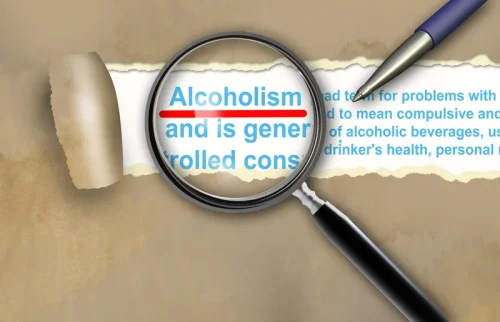
G., in medieval times, when people took advantage of the vasodilating properties of alcohol to treat angina pectoris or heart failure. So Hildegard von Bingen (1098–1179), one of the most prominent mysticians of her time, recommended her heart wine as a universal remedy. One liter of wine was cooked for 4 min with 10 fresh parsley stems, 1 spoon of vinegar, and 300 g honey and then filtered 11. Additionally, echocardiographic data suggest that subjects who do not fully withdraw from alcohol consumption, but who reduce it to moderate amounts recover LVEF in a similar manner to strict non-drinkers.
- Some individuals may have a genetic predisposition that makes them more vulnerable to heart damage, even with lower alcohol consumption.
- Ethanol-induced myocyte apoptosis may be regulated by growth factors 117,118 and cardiomyokines 119.
- These authors found a relationship between the reduction or cessation of alcohol consumption and higher survival rates without a heart transplant.
- Although lab tests aren’t useful in diagnosing the condition, they can help check the severity of your heart condition.
- Studies that have assessed the prevalence of ACM among IDCM patients have found high alcohol consumption in 3.8% to 47% of DCM patients.
Who’s at Risk for Developing Alcoholic Cardiomyopathy?

The final result is that achieved from the equilibrium between the degree of damage and the capacity of heart repair mechanisms in each specific individual 31,56. A diverse variety of arrhythmias appear early and may worsen the course of ACM, atrial fibrillation being the most frequent 60 and ventricular tachycardia the most deleterious 61. These arrhythmias are usually related to episodes of binge drinking 43,62 and are more frequent in established ACM than in subjects with normal cardiac function 52. In chronic alcoholics, arrhythmia may frequently appear in relation to episodes of ethanol abstinence because of the increased release of catecholamines and electrolyte deficiencies 19.
Echocardiographic and haemodynamic studies in alcoholics
It is estimated, approximately 21-36% of all non-ischemic cardiomyopathies are attributed to alcohol. The prevalance of alcoholic cardiomyopathy in addiction units is estimated around %. Overall data with regards to alcohol induced cardiomyopathy is insuffienct Oxford House and does not illustrate significant available data.

Treatment / Management
In this respect, a higher prevalence of excessive alcohol consumption has been reported among individuals diagnosed with DCM than in the general population8. Epidemiological studies analysing the relationship between excessive alcohol alcoholic cardiomyopathy is especially dangerous because consumption and the development of DCM have found the existence of a reciprocal link between both disorders. The existence of a direct causal link between excessive alcohol consumption and the development of DCM is a controversial issue.

This includes a combination of beta-blockers, an angiotensin-converting enzyme inhibitor, diuretics, aldosterone receptor antagonist and angiotensin blocker-neprilysin inhibitor (if LVEF is less than or equal to 40%). The use of carvedilol, trimetazidine with other conventional heart failure drugs have been proven to be beneficial in some studies. Most common age population for ACM is males from age with significant history of alcohol use for more than 10 years. Females constitute roughly 14 % of cases of alcohol induced cardiomyopathy however lifetime exposure required for women to develop alcohol induced cardiomyopathy is less compared to men. Alcoholic cardiomyopathy is a specific cause of heart failure, so the two share many symptoms, such as shortness of breath, fatigue, and leg swelling.


In contrast, an enlarged heart was found in only 1 of 25 subjects with moderate consumption (4%), in 6 of 105 very mild consumers (5.7%), and in 4.5% of non-drinking individuals. You can experience heart failure if alcohol-induced cardiomyopathy is left untreated or worsens. Heart failure happens when the heart muscle https://ecosoberhouse.com/ becomes too weak and stops pumping blood normally.
ACTIONS
By being more susceptible to the damaging effects of alcohol, you’re more likely to develop alcoholic cardiomyopathy. Your lifestyle choices can also worsen your condition, especially when you use substances that affect your heart, lungs, and circulatory system. Alcohol can have a toxic effect on many of your organs, such as the liver and heart.
- By understanding this condition better, patients can take steps to improve their heart health and overall well-being.
- The prevalance of alcoholic cardiomyopathy in addiction units is estimated around %.
- Patients may notice improvements in mood and mental health within a few weeks, though full benefits may take several months.
- From the data provided in the available ACM studies, it appears that patients who received an ACEI globally showed improved prognosis.
- The existence of a direct causal link between excessive alcohol consumption and the development of DCM is a controversial issue.
- The direct dose-dependent effect between alcohol intake and development of ACM is clearly established 50,52, women being more sensitive than men to the toxic effects of ethanol on the heart 46.
Substance Abuse Treatment
After a follow-up period of 47 mo, a significantly higher survival rate was observed among patients with DCM compared to patients with ACM. In this study, the only independent predictor of cardiac death was alcohol abstinence. The first study, which specifically focused on the amount of alcohol necessary to cause ACM, was conducted by Koide et al20 in 1975. The authors examined the prevalence of cardiomegaly by means of chest x-rays and related it to alcohol consumption among a consecutive series of Japanese males of working age. They found that 2 of the 6 individuals (33%) whose alcohol consumption exceeded 125 mL/d had cardiomegaly.